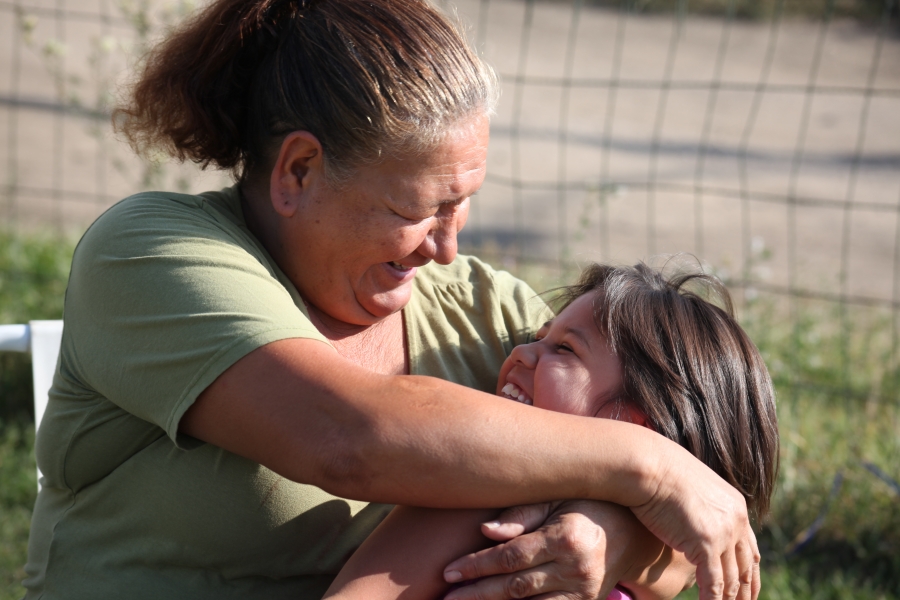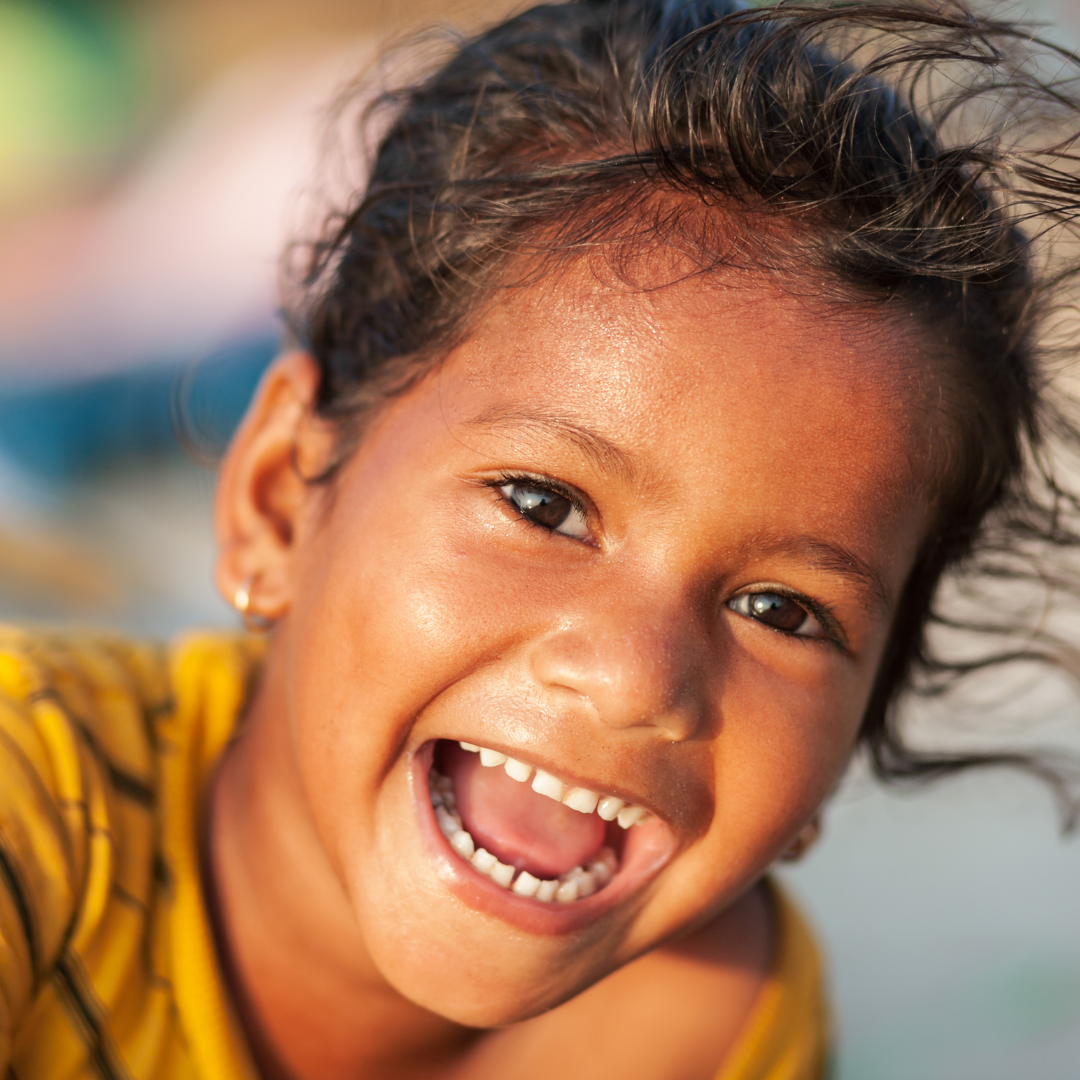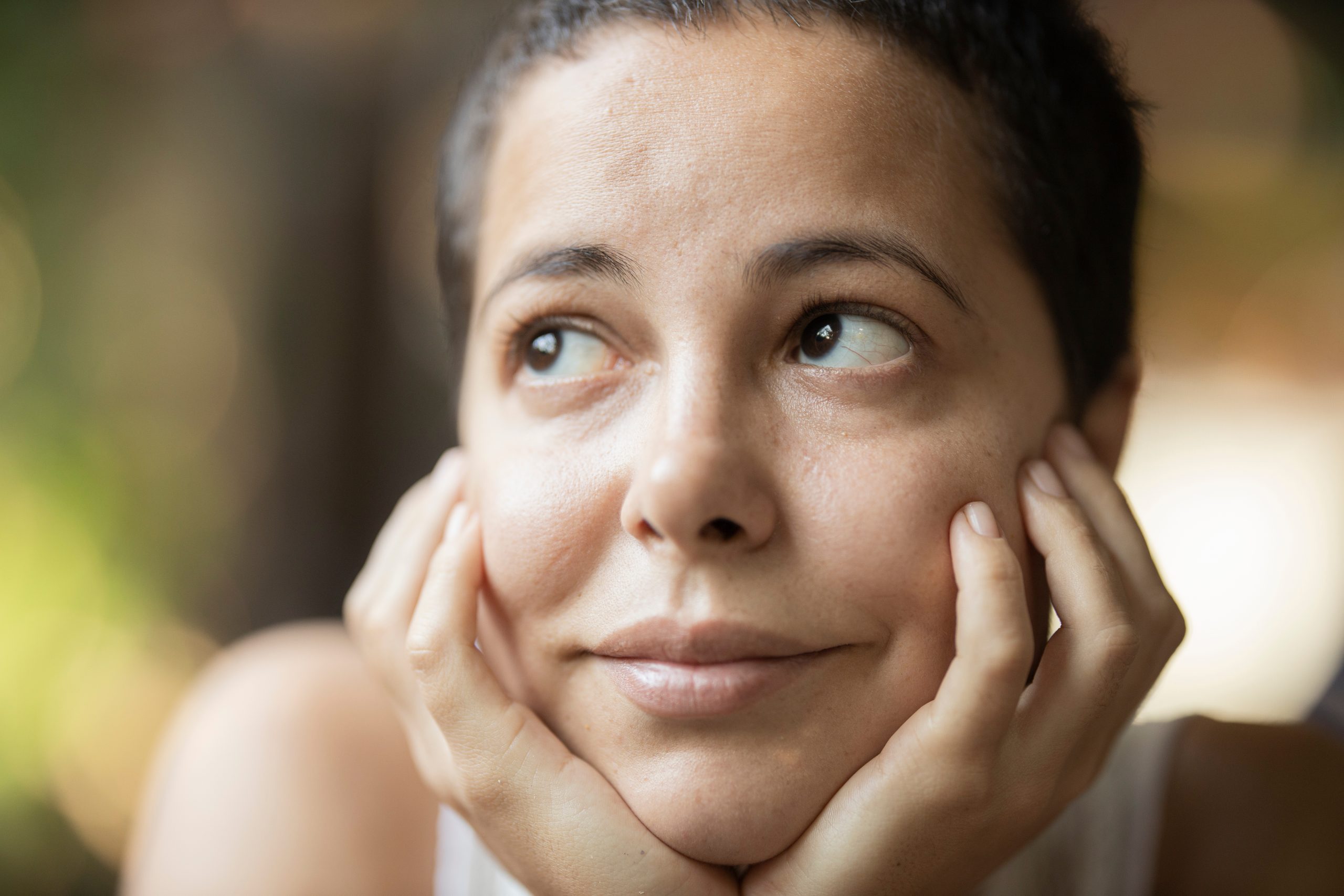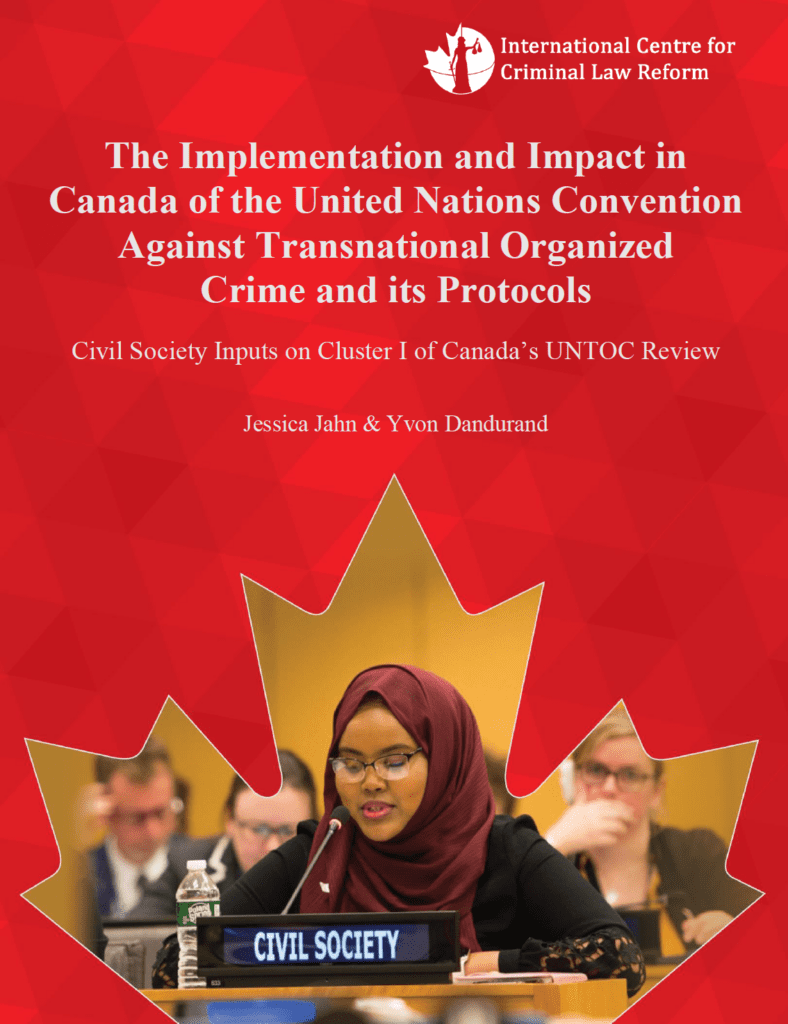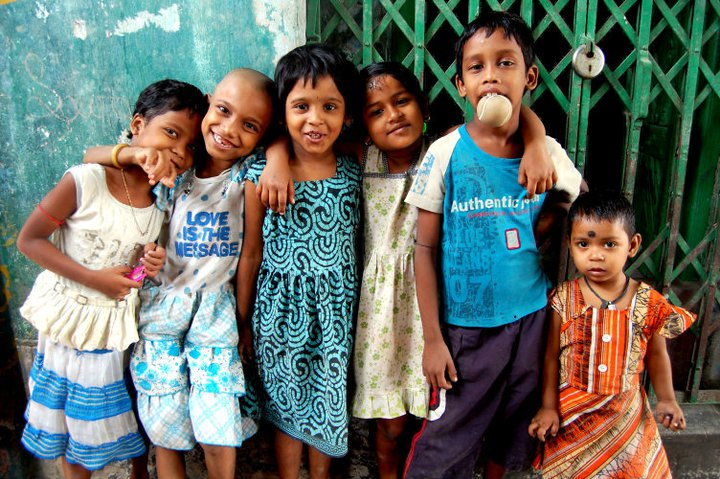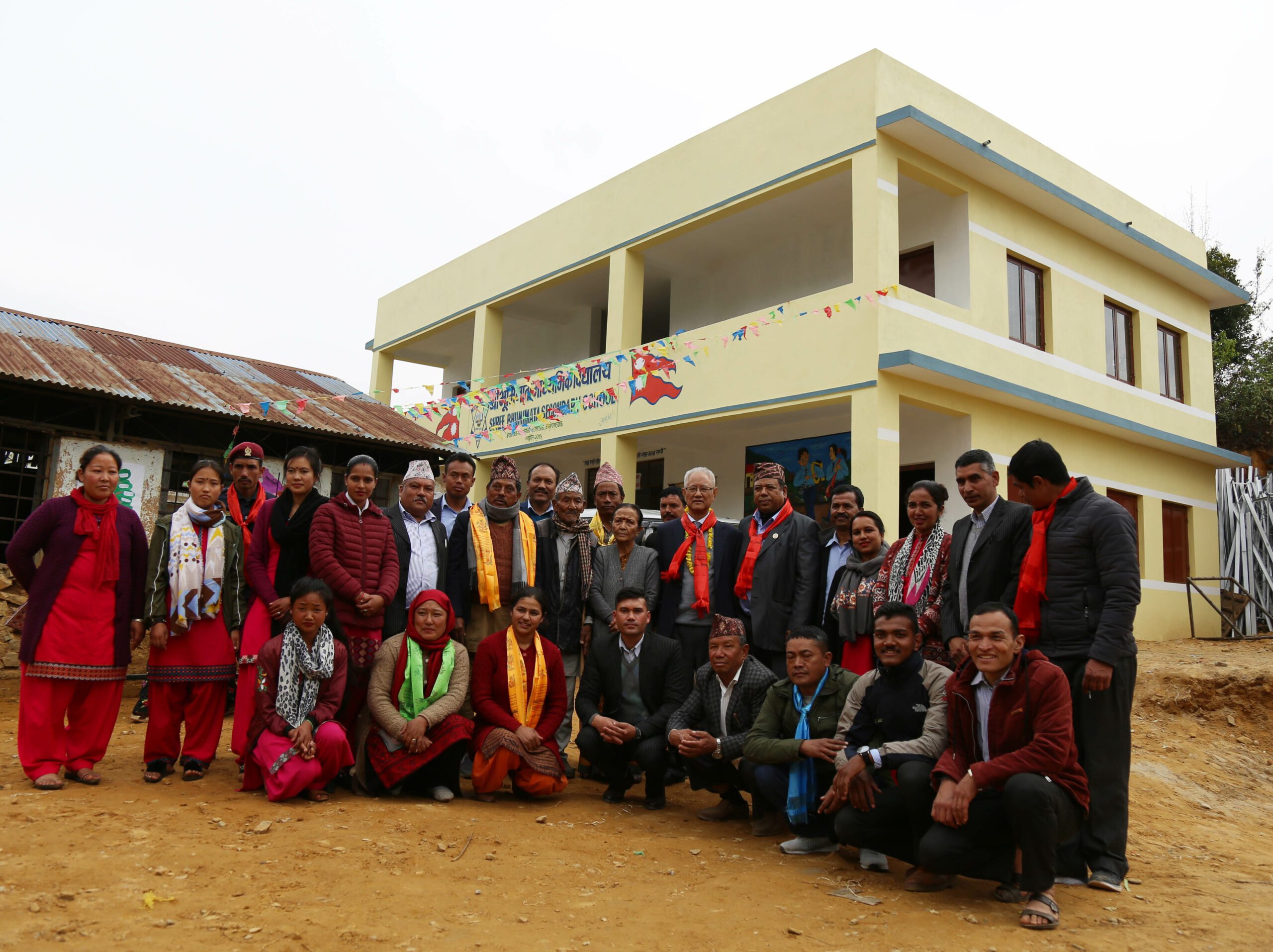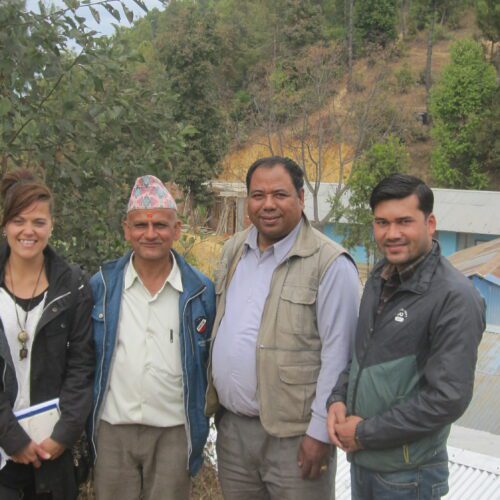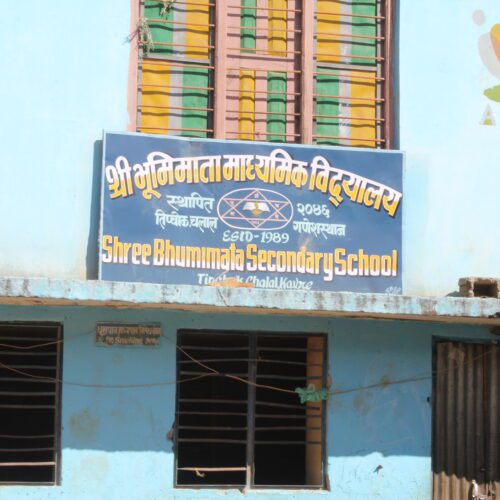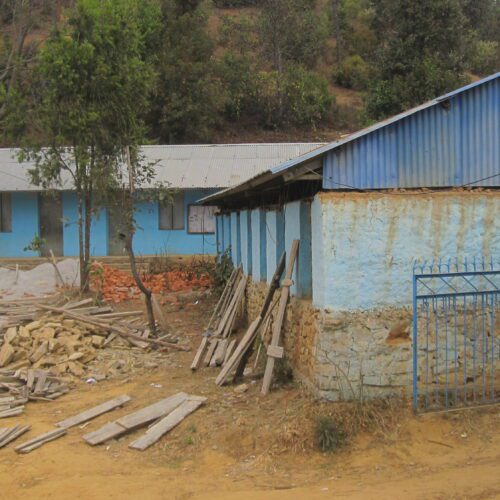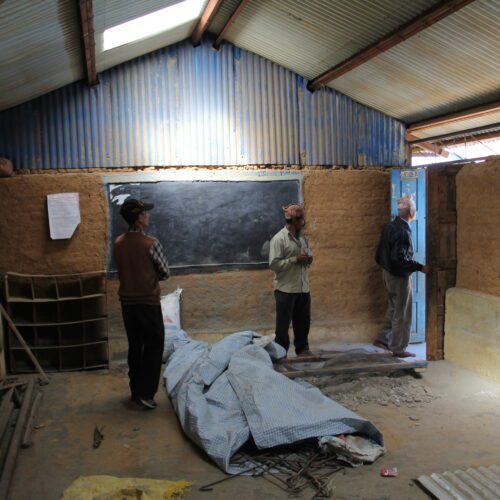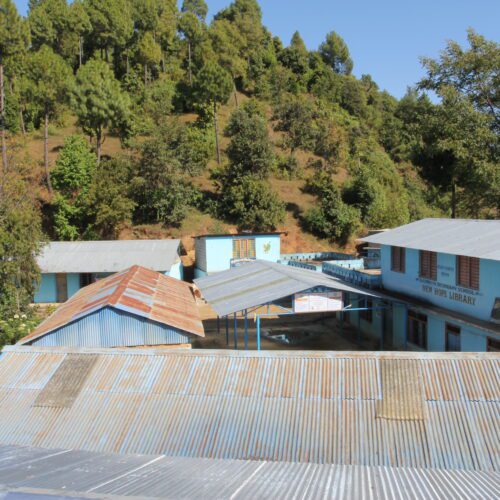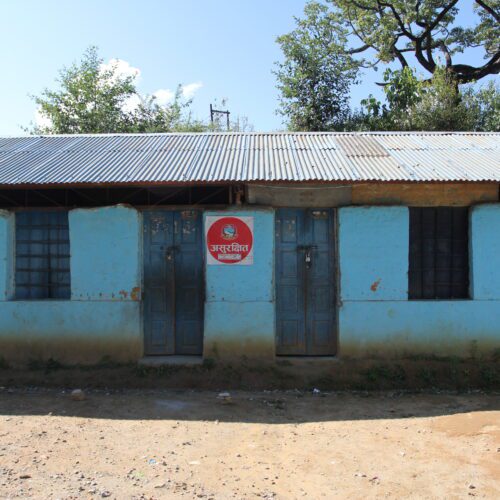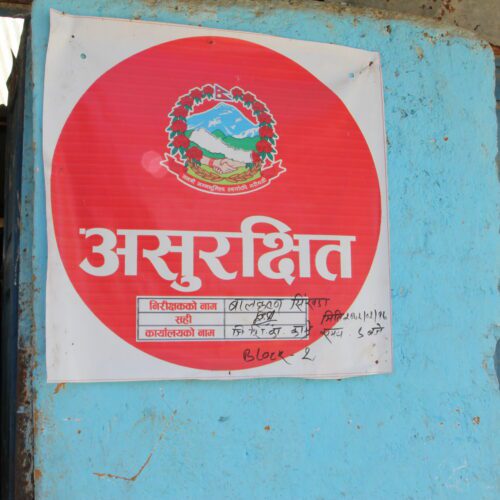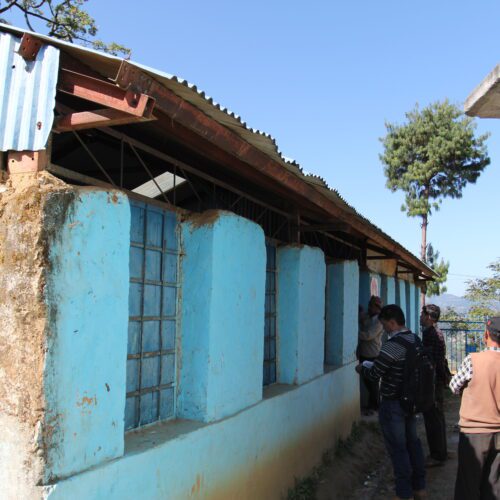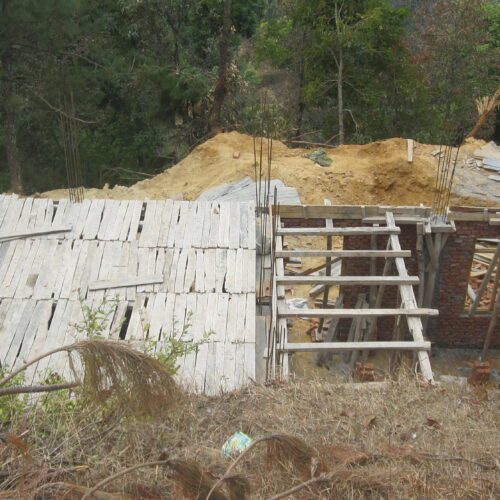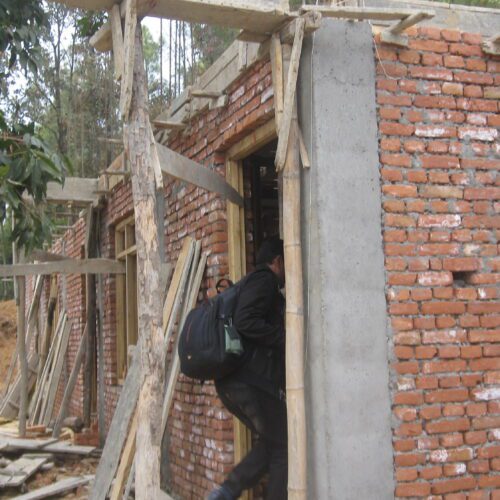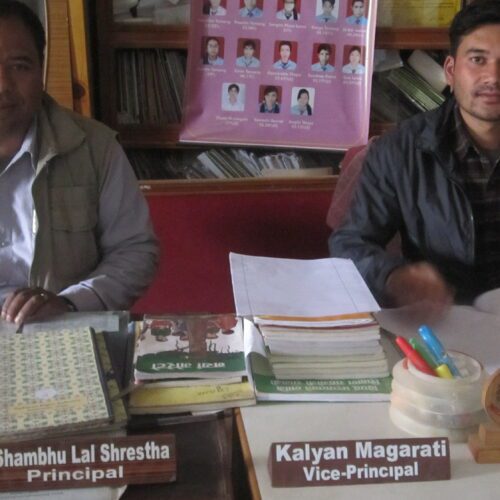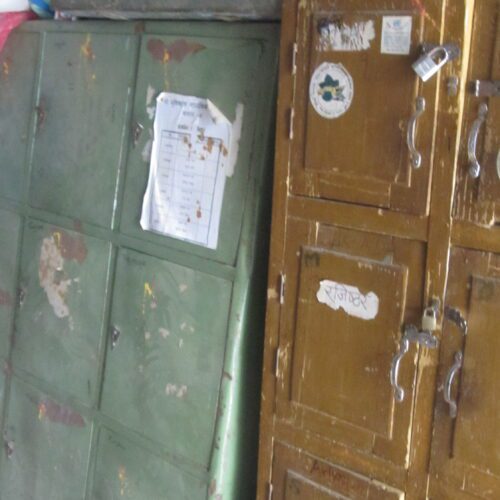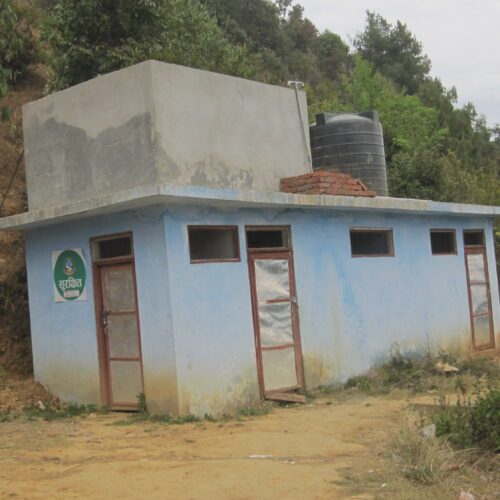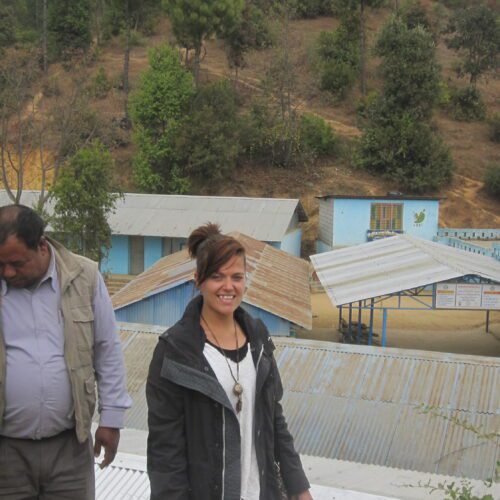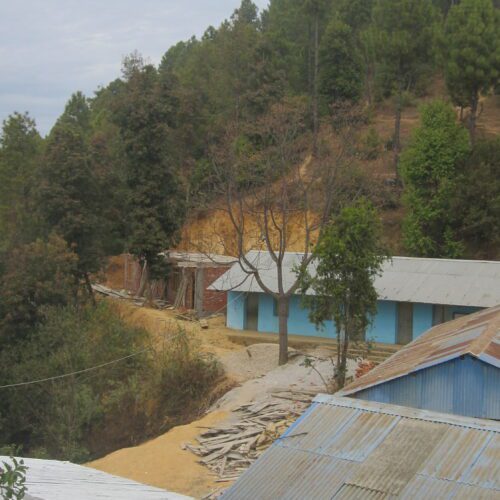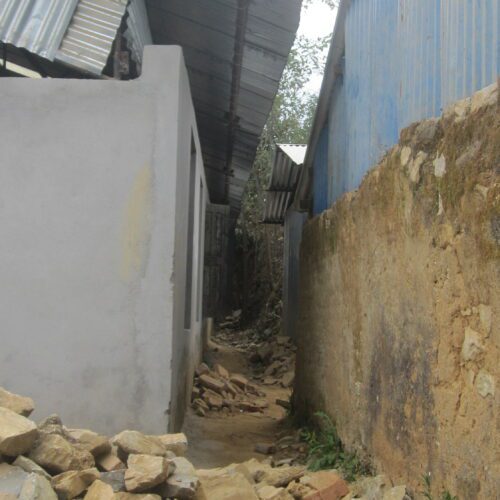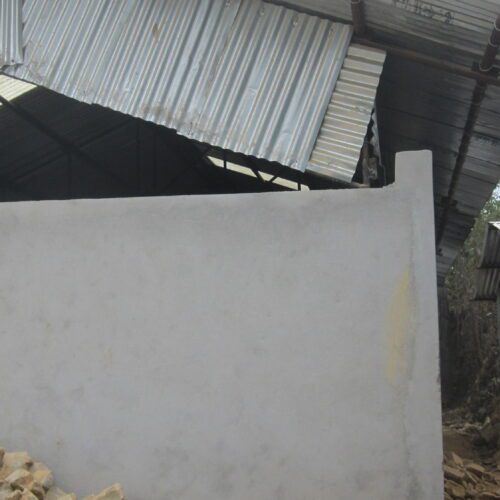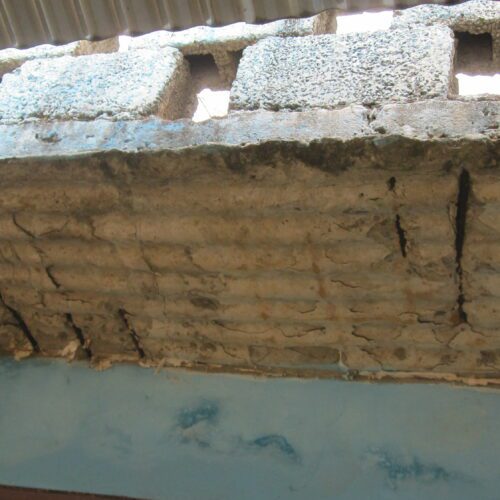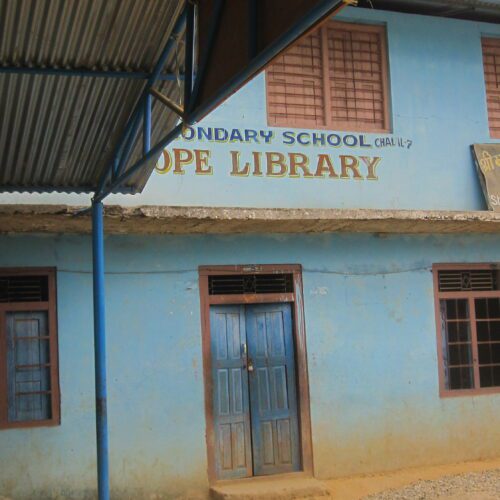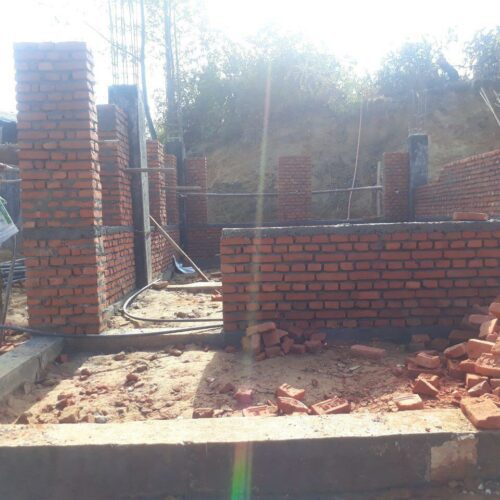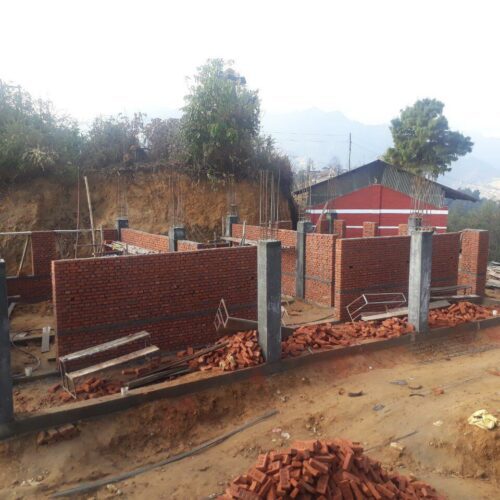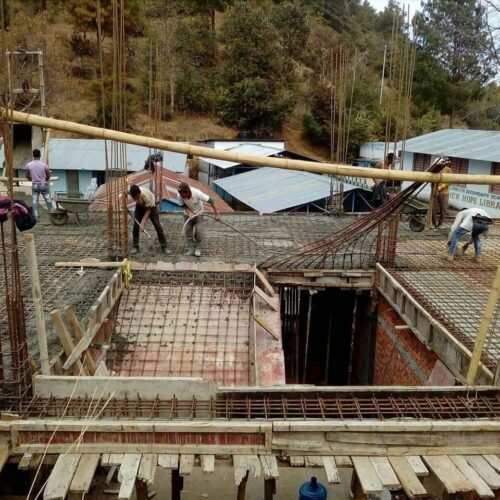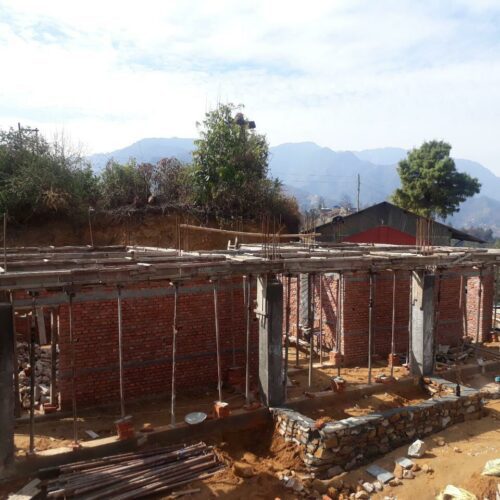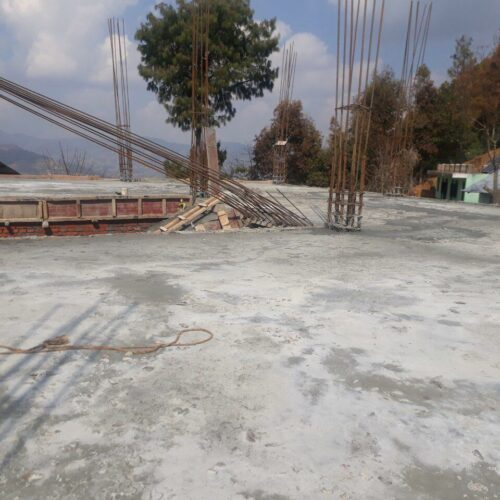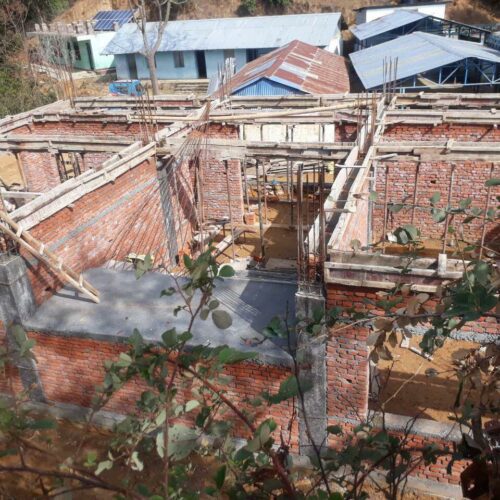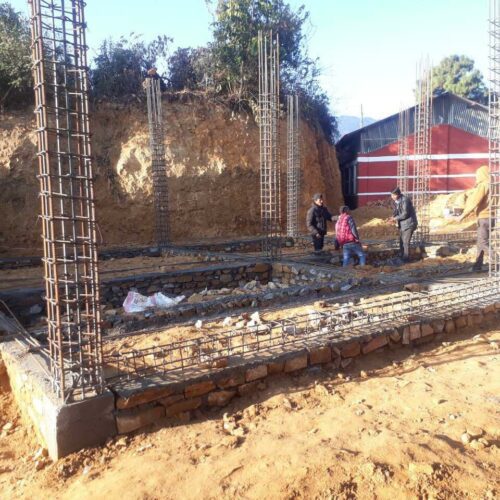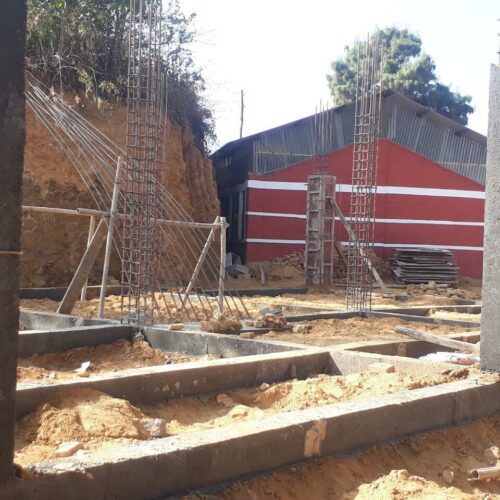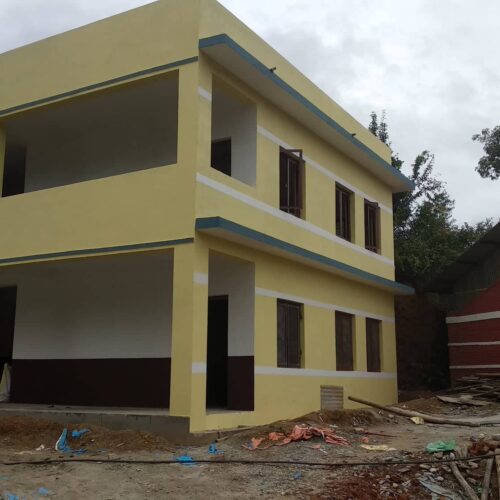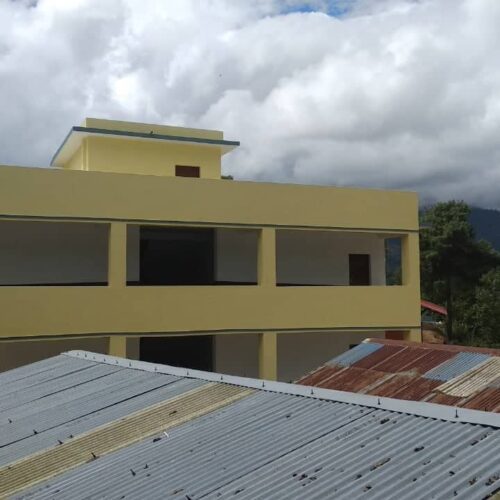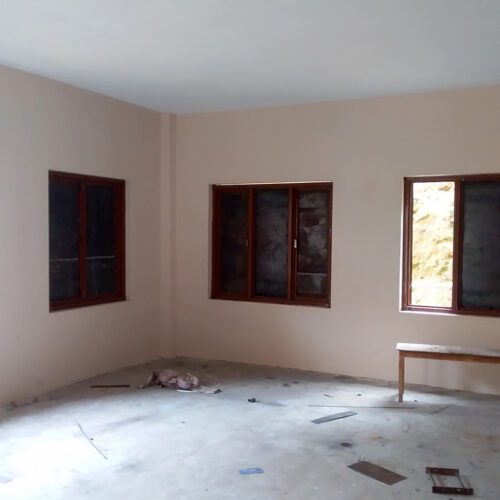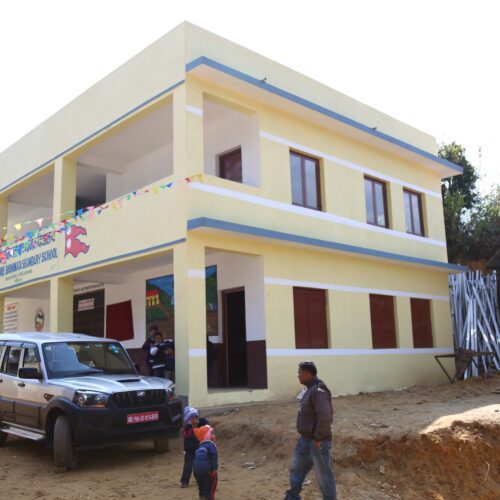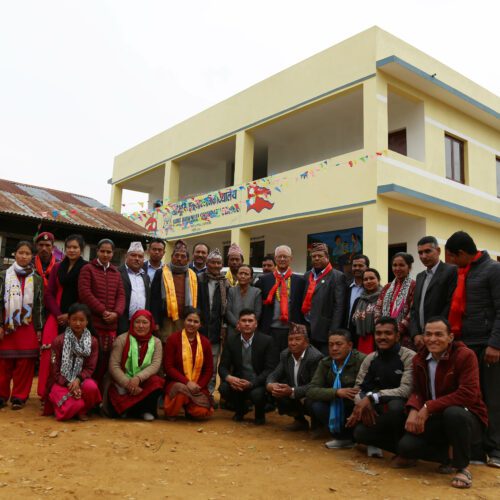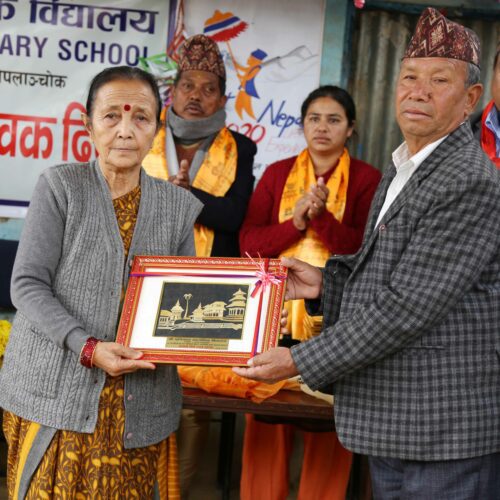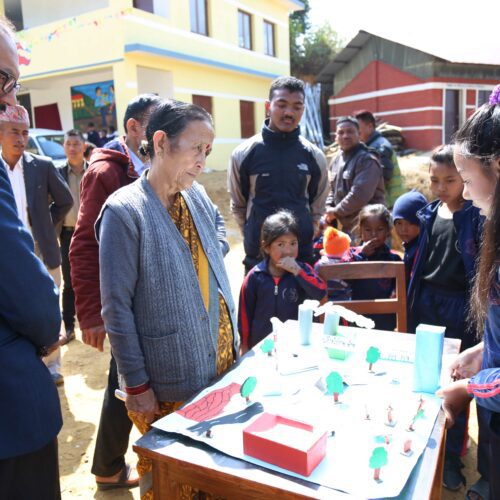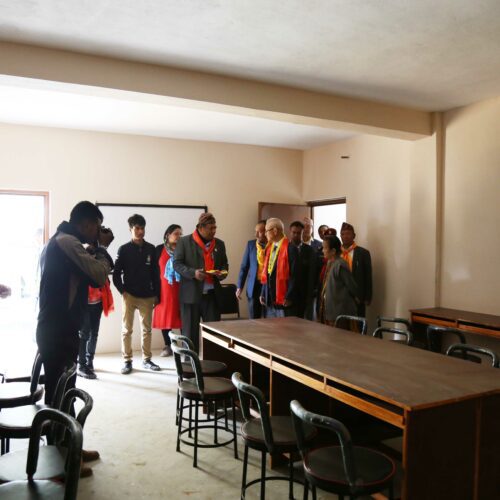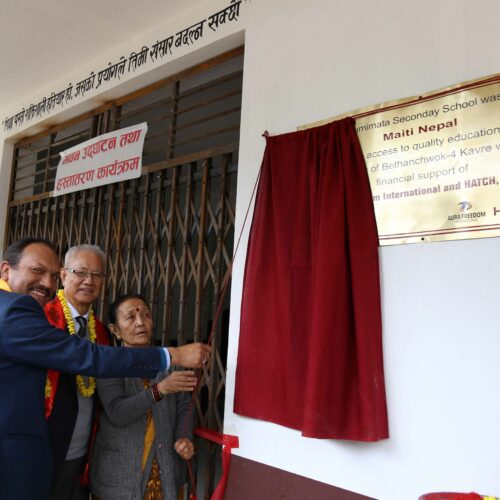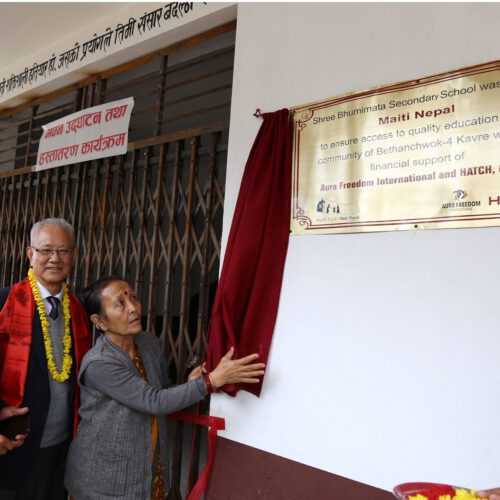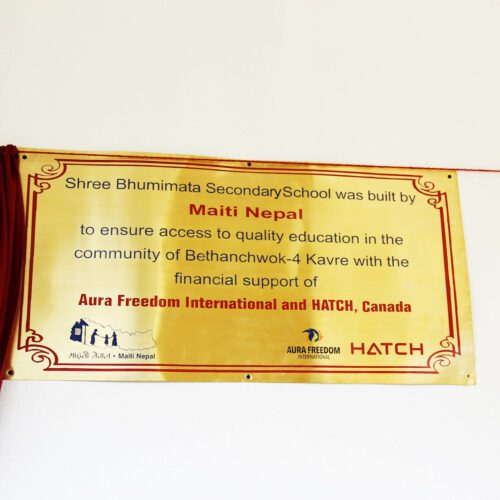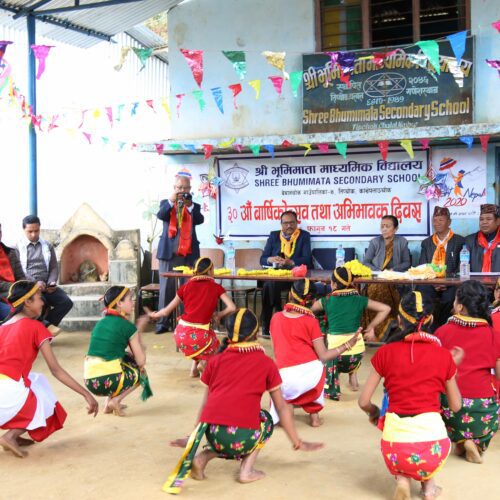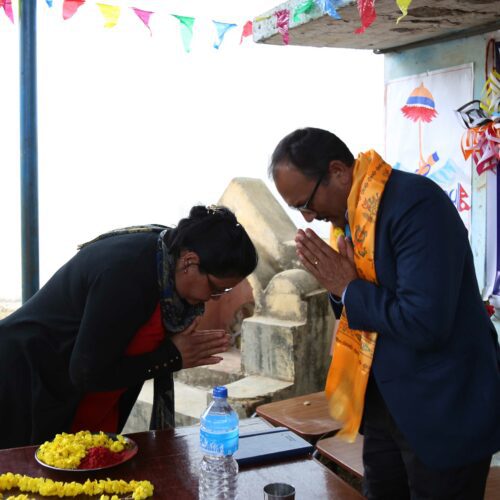Our Thoughts on Budget 2023
On Tuesday, March 28th, Finance Minister and Deputy Prime Minister Chrystia Freeland released the Federal Budget for 2023-2024, citing “Canada has made a remarkable recovery from the COVID recession.”
While we acknowledge the importance of strong economic fundamentals, the focus on “post-pandemic” inflation and recession fails to recognize the lasting effects of the pandemic on racialized and Indigenous women, on newcomers and migrant workers, on women with disabilities, on working class women, on all women and gender diverse individuals in Canada and their families and communities.
Budget 2023 has once again kept the Statement and Impacts Report on Gender, Diversity, and Quality of Life separate from the budget. Further, The National Action Plan to End Gender-Based Violence (NAP) – introduced in Budget 2021 and vaguely referenced in Budget 2022 – is not mentioned once in Budget 2023. The messaging is heard loud and clear.
The following is Aura Freedom’s analysis of Budget 2023-2024, through the lenses of gender-based violence eradication, equity, human rights and intersectional feminism, as always.
Gender Equity and Violence Against Women
The Federal Government claims it “remains committed to ensuring that gender equality and fairness and inclusion considerations remain a core focus of the annual federal budget”. The “commitment” has been an increasingly-vague monetary proposal for too long.
On the heels of a $600 million National Action Plan to End Gender-Based Violence in 2021 and further $539.3 million commitment in 2022 to “prevent gender-based violence and support survivors”, we are disappointed that Budget 2023 has further refocused away from acknowledging the national emergency of gender-based violence (GBV), and the human rights abuses of women in Canada.
Budget 2023 proposes to provide $160 million over three years “to organizations in Canada that serve women”. We continue to question what this all means. With no additional details on the NAP and no clear plan, there is no sense of urgency for the safety and rights of women in Canada, yet femicide and hate crimes against women and girls continue to increase drastically. As we said last year, gender-based violence does not just “go away”. As a deeply rooted societal issue, it will take years – if not generations – to be eradicated. Thus, it must be addressed consistently and in every fiscal budget, not just once.
We recognize that the same spotlight that “turned on” to gender-based violence over the pandemic has now turned away. We also recognize that women, girls, and gender-diverse people continue to face violence at alarming rates – the government themselves report a steady increase “year-over-year” of GBV before the pandemic began. While the pandemic exacerbated gender-based violence, a “post-pandemic” world is not a post-violence world for women. Moreover, those of us in the violence against women (VAW) sector know the effects of the spike in VAW during COVID will be felt for years to come, both socially and fiscally.
We implore governments to follow through on the promised National Action Plan to End Gender-Based Violence and supplemental gender-equality funding, and do so overtly and transparently. We know gender-based violence is preventable, but it will require years of intentional planning towards addressing the root causes, including sexism, colonialism, gender inequity, racism, homo/transphobia, ableism, and more.
Indigenous Women & Reconciliation
The atrocities committed against Indigenous Peoples that continue to be enforced through oppressive colonial systems, coupled with the intergenerational impacts of residential schools, over-policing, forced sterilization, child-apprehension, and MMIWG2S, constitute an ongoing and state-sponsored genocide.
Earlier this year, the federal government signed an agreement to compensate 325 bands that opted in the Gottfriedson Band Class litigation to address the collective harms caused by the loss of language, culture, and heritage through the residential school system. The Budget 2023 provides $2.8 billion as part of the Band Class settlement to establish a trust to support healing, wellness, education, heritage and language.
Still, systemic racism and colonialism has resulted in the public devaluation of Indigenous women and girls which keep them in intergenerational cycles of violence and hardship. Families in Winnipeg are still waiting for the Prairie Green Landfill to be searched for their loved ones murdered by a serial killer and believed to have been buried at the site. Although not a simple task and certainly one that requires planning, one must wonder what the authorities are so afraid of uncovering.
We recognize the federal government’s commitment to accelerating the implementation of the National Action Plan to End the Tragedy of Missing and Murdered Indigenous Women and Girls. Budget 2023 proposes a breakdown of the National Action Plan, providing:
- $20 million over 4 years to support Indigenous-led projects for safer communities through the Pathways to Safe Indigenous Communities Initiative
- $95.8 million over 5 years that has been allocated over five years to help Indigenous families access information about their missing and murdered loved ones, and enhancing victim services to support their healing journeys.
- $2.6 million over 3 years will support the National Family and Survivors Circle to keep families and survivors at the center of the National Action Plan
- $2.2 million over 5 years to establish an oversight mechanism to monitor and report on the progress of implementation
- $1.6 million over 2 years to recommend an Indigenous and Human Rights Ombudsperson
- $2.5 million over 5 years to advance the National Action Plan by creating a Federal-Provinical-Territorial-Indigenous table on Missing and Murdered Indigenous Women, Girls, and 2SLGBTQI+ people.
Our Indigenous partners and Indigenous voices have spoken: any funding or plans for Indigenous communities must continue to be Indigenous-designed and Indigenous-led, with Indigenous communities at the table well before funding is released. We implore that initiatives such as the Federal-Providincial-Territorial-Indigenous table on Missing and Murdered Indigenous Women, Girls, and 2SLGBTQQ+ people be prioritized to ensure Indigenous voices are at the forefront of advancing the National Action Plan.
Hate Crime
We recognize that Budget 2023 has acknowledged the increase in hate crimes in Canada, citing an alarming increase by 72% between 2019 and 2021. We know these statistics are not accurate reflections of all forms of hate crimes in Canada – and we have been imploring Canada to do better. The GBV sector has been outspoken in our demands that the federal government recognize applicable types of violence against women as hate crimes. The budget recognizes that “hate has no place in Canada”, yet femicide continues to not be recognized by the Canadian Criminal Code.
We want to be clear – we champion the continued recognition of and fight against hate crimes such as anti-Indigenous racism, anti-Black racism, anti-Asian racism, Antisemitism and Islamophobia. Budget 2023 also (briefly) mentions hate crimes against 2SLBGTQI+ communities. Still, hate crimes against women and girls go unrecognized and often, flat-out ignored. This is especially important when we consider the intersectionality of government-recognized hate crimes – how many victims and survivors are women? And how many of them were targeted because they were women? What about female journalists and the increase in hate, harassment and violence that they have been experiencing? Does any of this matter?
We continue to see women systematically targeted in mass killings, public transit attacks, serial killings, and more, yet these crimes are never recognized as stemming from hate. Those of us working in the VAW sector know different – we deal with the effects of misogyny every single day. As such, we will continue to advocate for femicide and other forms of GBV to be recognized as hate crimes and look forward to more meaningful conversations in this space.
Human Trafficking
For the second year in a row, human trafficking in Canada is overlooked in Budget 2023. Human Trafficking is referred to once, and mentioned only in relation to money laundering and terrorist financing. It is one of a series of international crimes listed that may impact Canadians. We know human trafficking is more than a crime – it is a human rights abuse, and one that Canadians are facing domestically. The budget paints human trafficking as an international concern when we know different.
At Aura Freedom, we recognize that human trafficking takes place across many industries, including the sex industry, domestic labour, the care sector, the service industry, farming industry, fishing industry, and more. Forced/child marriage and forced crime are other forms affecting Canadians today.
We urge the federal government to listen to grassroots organizations and survivors to allocate additional funds to address the complex human rights abuse of trafficking that takes place within Canada every single day.
Mental Health
Unlike in relation to gender-based violence, Budget 2023 openly admits that there are lingering mental health impacts of the pandemic. We know the pandemic did not impact everyone equally – women reported lower self-perceived mental health across all population groups, but it was particularly low among 2SLGBTQI+ women and Indigenous women.
However, the only newly proposed answer in Budget 2023 is the implementation of the three-digit suicide prevention line to access crisis support. Where is the budgeting for intersectional, culturally-centered and trauma-informed organizations and services that work to prevent the need for crisis and suicide-prevention lines? This is yet another “reactive” approach to systemic problems that will disproportionately affect communities like 2SLGBTQI+, Black, and Indigenous women.
Chilc Care
We celebrate Canada’s establishment of an affordable Canada-Wide Early Learning and Child Care System, with a goal of bringing fees down to $10/day on average by 2026. By April 2, 2023, six provinces and territories will be providing regulated child care for an average of just $10/day or less. All others are on track to achieve this by 2026.
Women continue to be primary caregivers, are disproportionately responsible for unpaid care, and are significantly more likely to take on additional household labour tasks than male counterparts. This is a win for parents everywhere, yes, but we know child care costs disproportionately impact the livelihoods of marginalized women in Canada (i.e. racialized women, disabled women, immigrant and refugee women). Further, this will additionally support and empower girls in families where child care was a gendered responsibility placed on them when parents were unable to care for younger children (i.e. due to employment).
We celebrate the provinces and territories that recognized the importance of affordable child care and provided this initiative ahead of schedule, and will continue to monitor and hold those that have committed to achieving this by 2026.
Housing
Budget 2023 continues to invest in the housing crisis – a third round of the Rapid Housing Initiative will be launched to Canadians, providing $1.5 billion to create 4, 500 new affordable housing units for Canadians.
We called for Canada to address the housing crisis with a gendered and intersectional lens as we know women who experience violence experience homelessness at higher rates, and women experiencing homelessness experience violence at higher rates. Their response? 25% of investments will go to housing projects targeted towards women. While we are happy to see the acknowledgement of the gendered issue of housing instability, we see this as another vague commitment. We continue to call for strategic housing crisis plans that acknowledge intersectional identities – supporting women experiencing violence, as well as Black, Indigenous, disabled, newcomer, and other identities of women that we know result in higher rates of homelessness.
When Canada reports that almost half of Canadians felt “very concerned” over their ability to afford housing or rent in 2022, we know that supplying housing units is not enough to address the housing crisis.
Sexual and Reproductive Health: Safeguarding Access to Abortion
We applaud Canada’s recognition in Budget 2023 of the overturning of Roe v. Wade in the United States and the importance of sexual and reproductive health care, as well as bodily autonomy. The federal government has committed to ensuring that no Canadian pays out of pocket to receive an abortion.
Budget 2023 proposes to provide $36 million starting in 2024-25 to Health Canada to renew the Secual and Reproductive Health fund, which will support community-based organizations that help make access to abortion, sexual and reproductive health care, information and services for populations.
Budget 2023 has committed to global sexual and reproductive health and rights by investing $700 million starting in 2023. We will monitor the impacts of this, and implore Canada to address sexual and reproductive coercion as the gender-based violence that it is.
Conclusion
Overall, Budget 2023 fails to convey strategic, transparent, and coordinated action plans, continuing to utilize a reactive rather than proactive approach to addressing systemic issues. When it comes to gender-equality and gender-based violence, Budget 2023 primarily reiterates commitments made in previous years. We implore the Canadian government to commit to the long-term funding that will be required to end violence for all, especially the most marginalized women and girls, and we will continue to monitor future Budgets and Action Plans to hold our leadership accountable.
The spotlight that was rightfully placed on gender-based violence over the pandemic has been removed. We know that because of this, women, girls, and gender-diverse people will continue to face alarming rates of violence and femicide. The impacts on gender-based violence rates by a pandemic do not end when the pandemic does, even if Budget 2023 demonstrates that the consideration in federal funding does.
The question remains: When will women matter enough?



